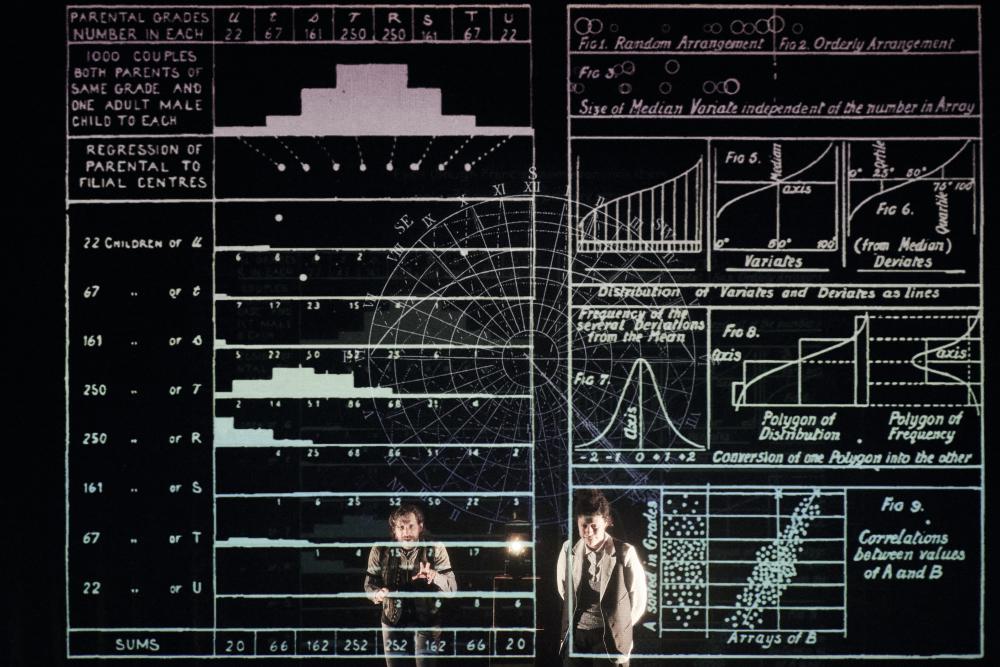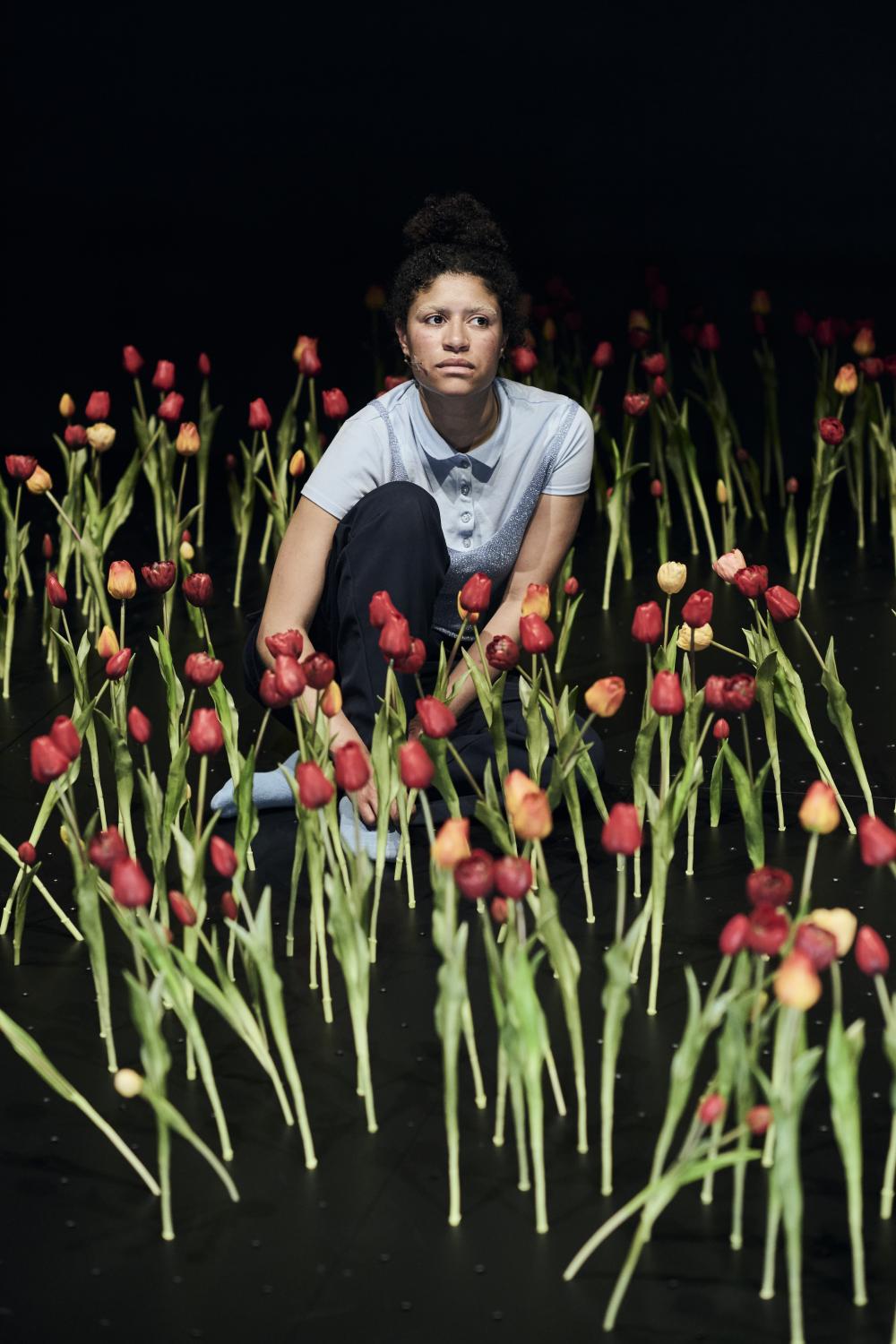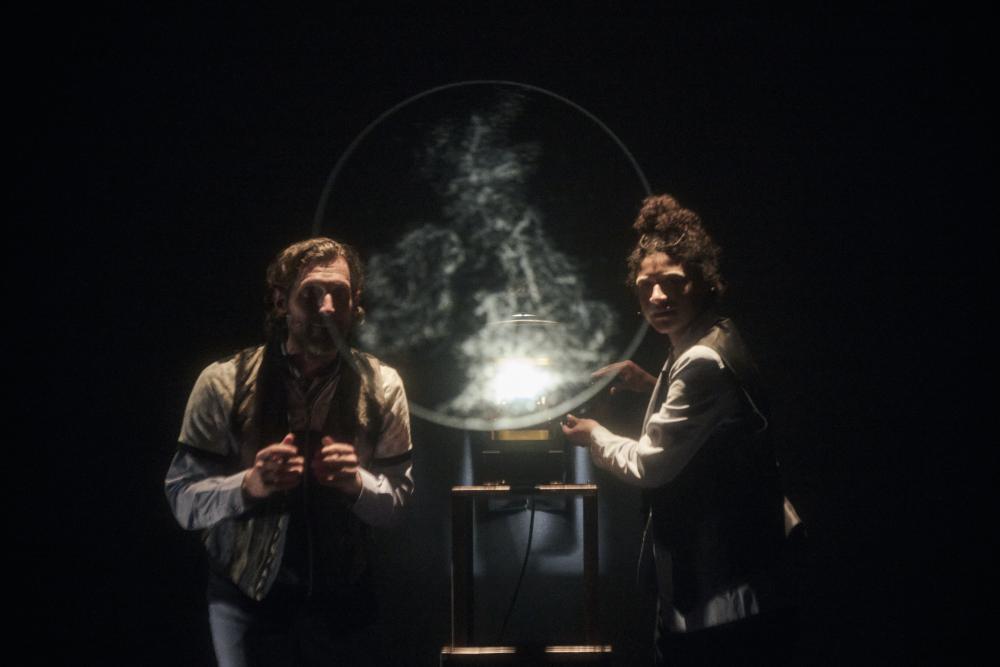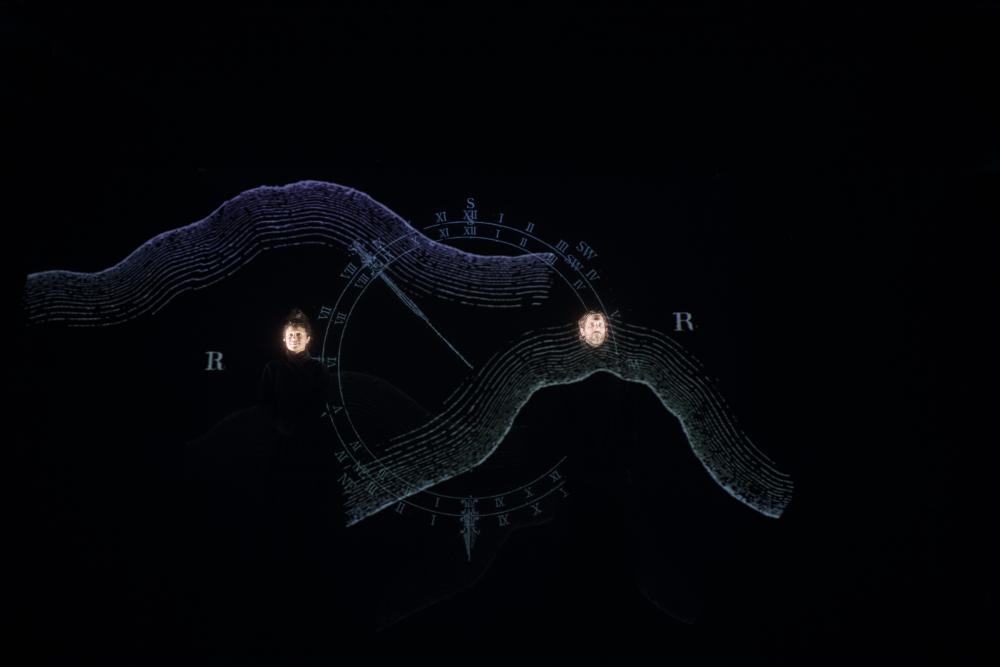Simple as ABC #7: DE STEM VAN VINGERS
At the time of the Chinese Qin Dynasty, fingerprints were first used to identify burglars and to sign documents. 2,000 years later, Europeans would turn fingerprints into technology for mass surveillance. For example, after they had won the Indian War of Independence in 1857, British colonial officials experimented with the use of fingerprints as a way of quickly and simply solidifying their power through administration.
In a 2015 working paper, the European Commission called for the detention of both people seeking asylum, those crossing EU borders without official permission and those refusing to be fingerprinted. It spoke of coercion to obtain the fingerprints and referred to people being obliged to give up their fingerprints as 'data subjects', carriers of readable information.
Together with journalist Said Reza Adib, Thomas Bellinck writes a text based on their joint research on border regimes. Starting from the tiny, innate grooves on their own fingertips, they zoom out into a world where line patterns on a fingertip unlock laptops. In which governments requisition that line pattern as a measuring tool to determine who can enter which territory. A world where your fingerprint determines whether the borders open for you or just stay closed.
• Thomas Bellinck is a Brussels-based artist whose documentary practice branches out into theatre, installation art, TV, ... He is best known for his work on state-sanctioned violence, memory politics and mobility inequality. De stem van de fingers is the seventh stage in Simple as ABC, a constantly growing series in which Bellinck examines the apparatus of the EU im/mobility regime.
• Said Reza Adib is a journalist based in Finland. Reza first trained with the Iranian news agency and attended several TV and radio documentary courses in Afghanistan. Between 2003 and 2009, he worked as a journalist and subject writer for a number of Afghan and Iranian newspapers and magazines. In recent years, Reza has worked as a freelance photographer and independent documentary filmmaker in Greece and Finland, documenting the situation in various camps and shelters.
'I don't want to talk to you, but I do want you to listen.' As an audience, you feel the same way. And that's okay. You watch a performance by Thomas Bellinck not for pleasure, but out of moral duty. – De Standaard
concept & text Said Reza Adib, Thomas Bellinck | decorbouw Kopspel & Jolan Moonen | dramaturgy by Said Reza Adib, Esther Severi | costumes by Rachid Laachir | lightdesign Janneke Donkersloot & Stef Stessel | production management & subtitles Marte Van Hassel | directed by Thomas Bellinck | directing internship Furkan Ak | scenography by Mirjam Pleines & Stef Stessel | performed by Musia Mwankumi, Jeroen Van der Ven | voice Said Reza Adib, Sajjad Hosseini & Fatima Mousavi | technique Arthur De Vuyst & Janneke Donkersloot | proofreading & translation Mahdieh Fahimi, Jodie Hruby & Sarah Van Camp | video Léna Iloo | business management Sandra Raes Oklobdzija | produced by ROBIN vzw | co-produced by Theater Antigone, ARSENAAL/LAZARUS, Münchner Kammerspiele & Spielart | with the support of Kaaitheater, De Vlaamse Overheid, KASK / School of Arts van de HoGent | thanks to Katia Arfara, Donald Berlanger, Javad Hosseini, Bart Moens, Bardia Mohammad, Gwen Sebus, Dimitri Stuyven, Willy Thomas
€ 25/22/19*/16/10



